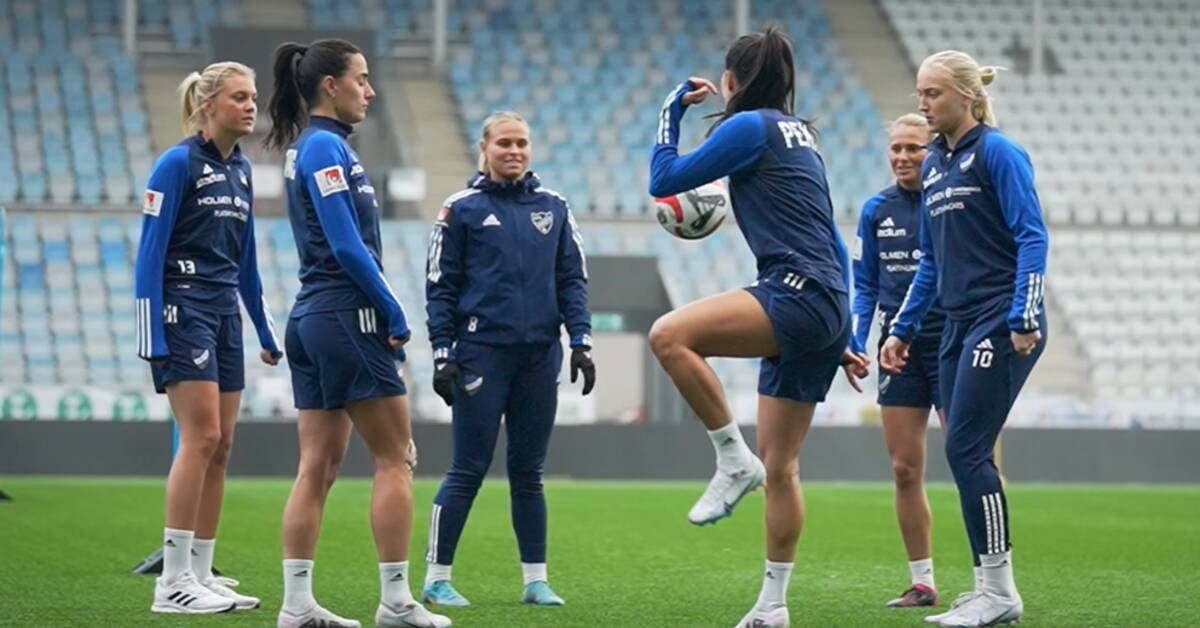Although the women's team was started back in 2009, it took until 2018 before they were part of the same organization as the men.
Since then, things have happened – both on and off the pitch, says Sofia Hjern, who joined the club in 2018.
"We have got better conditions and been able to take part in the same facilities as the gentlemen. Every year it has gotten better.
IFK Norrköping's sporting director Tony Martinsson believes that it was natural that the club started a women's team.
"It's pretty normal in 2023 to have both men and women," he says.
The fact that the women's team has the same conditions and is part of the same organization as the men has meant that the successes have come.
"We would never have been in allsvenskan if we hadn't had the support of IFK Norrköping. Above all, economically. I feel like that's what it takes on the women's side, to get an investment at the beginning and then be able to perform. It has been crucial, says Hjelm, who believes that the damallsvenska of the future will be similar to that of the men.
"I think the dominant clubs on the men's side will be dominant on the women's side as well.

